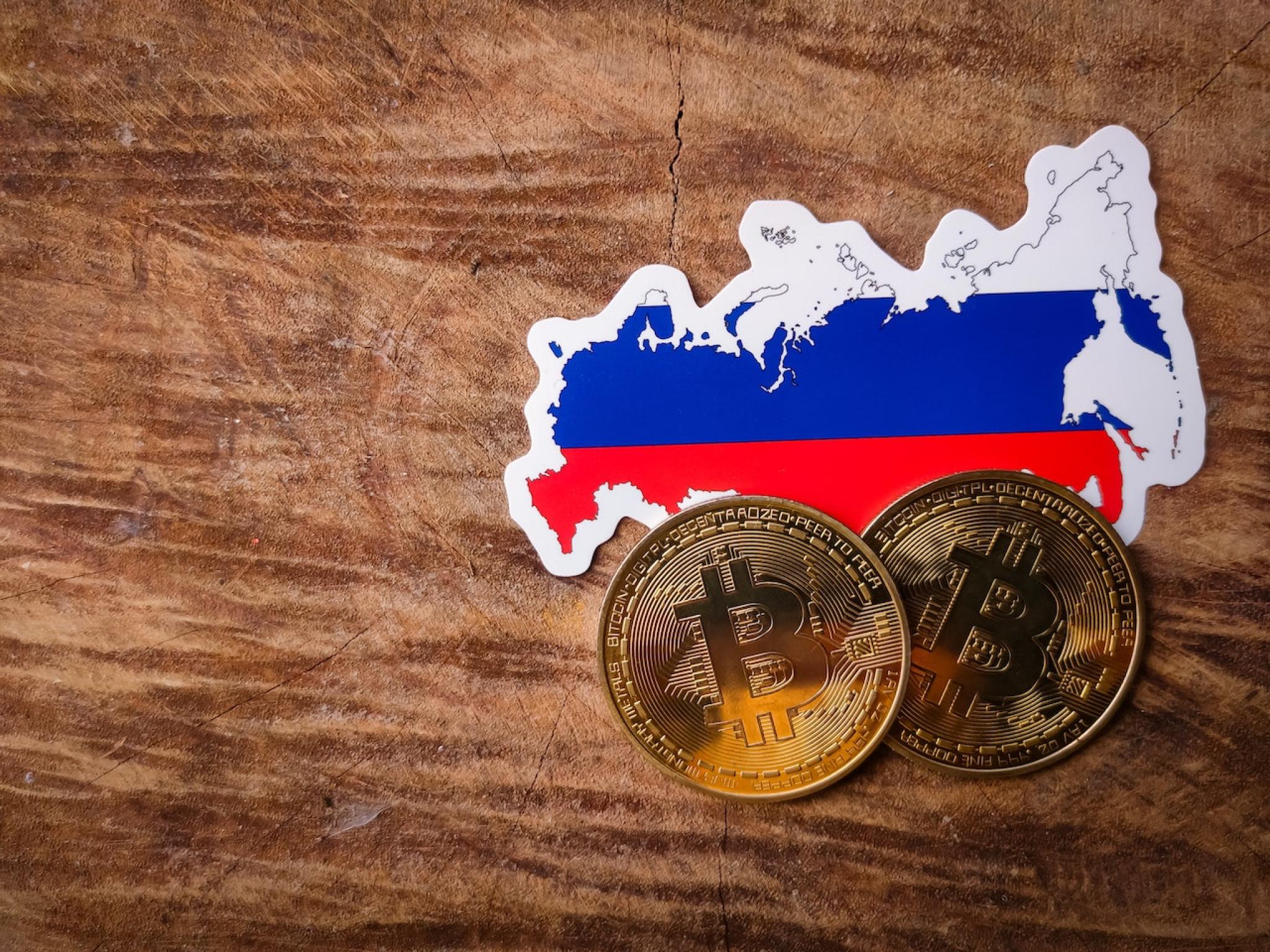
The European Union is increasingly cracking down on cryptocurrency and relevant services as part of its efforts to ensure that sanctions imposed on Russia are not evaded by using assets such as Bitcoin (CRYPTO: BTC) and stablecoins.
What Happened: While the sanctions imposed on Russia following its invasion of Ukraine at the end of February already required crypto exchanges to bar transactions from targeted individuals, on Friday the European Commission said that it was not enough, according to a Reuters report.
The European Union now wants to also prohibit deposits to crypto wallets and the sale of banknotes and transferable securities, such as shares, denominated in any official currencies of EU member states to Russia and Belarus.
The report follows a late March European Commission's draft that would require cryptocurrency service providers — such as cryptocurrency exchanges — to gather personal information every time their customers transfer crypto to an external wallet.
The European Commission also confirmed a full transaction ban on four Russian banks, including VTB. Those financial institutions hold 23% of the Russian banking sector's market share. Those banks have also already been cut off from the SWIFT payment system and now are also struck with an asset freeze that completely cuts them off from the European Union's markets.
Lastly, the European Commission also imposed a ban on advising on trusts for wealthy Russians, in a measure meant to make it harder for them to store their wealth in the European Union.
Photo by MOHD AZRIN on Unsplash







